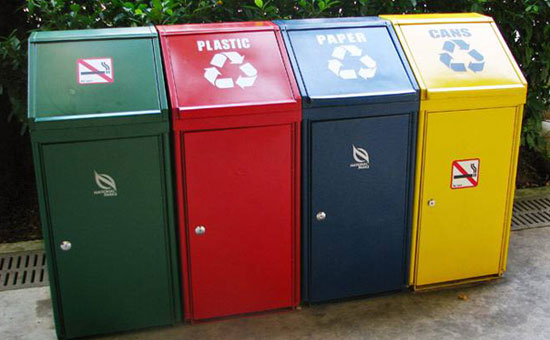

This behavior of C++ stack values (automatic destruction when they go out of scope), which is awkwardly termed RAII (Resource Acquisition Is Initialization) allows for very nice things that Java just can't do.

will get called, but the object's stack memory will be reused. case (a loop), the compiler will optimize things, so object's destructor Object gets automatically deallocated, or more accurately, in this specific Object o = Object() // Note we're not using the new keyword here. If you allocated your object on the stack however, it always gets automatically released when it goes out of scope, and you don't have to wait for garbage collection to happen - it's always released immediately: for(int i = 0 i < 100 i++) Release object memory (and call object destructor, if there is one)
#Java 16 garbage collector free
The most basic way to that would be to free your object reference (or pointer, since this is C++) manually when you don't need it anymore: for(int i = 0 i < 100 i++) from Wikipedia:Ĭ++ doesn't have (built-in) garbage collection, but that doesn't mean you should let your dynamically allocated memory stay allocated forever. Do we have to reboot each time as well to properly remove the Object reference in C++?įor those who say that there are no problems deleting an object more than once in C++. In C/C++ we have to manually remove the Object address inside the for loop. Rough Example: for(int i = 0 i < 100 i++) In Java, because there is Automatic Garbage collection, after a single loop is executed the address of the object is removed each time automatically.

I have a for loop running for 100 times inside which this single object is created every time the loop is run. There is no Automatic Garbage Collection in C/C++.Īssume that I wrote a simple program in C/C++ and created a single object.Īssume that there are exactly 10 or extremely limited number of addresses for allocation.


 0 kommentar(er)
0 kommentar(er)
